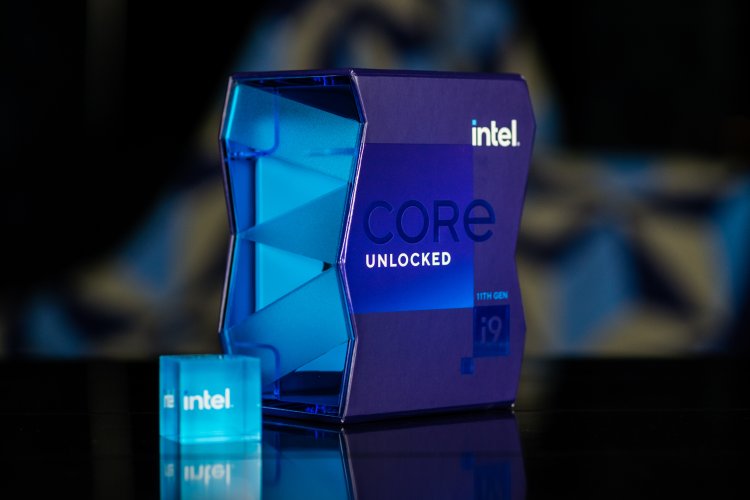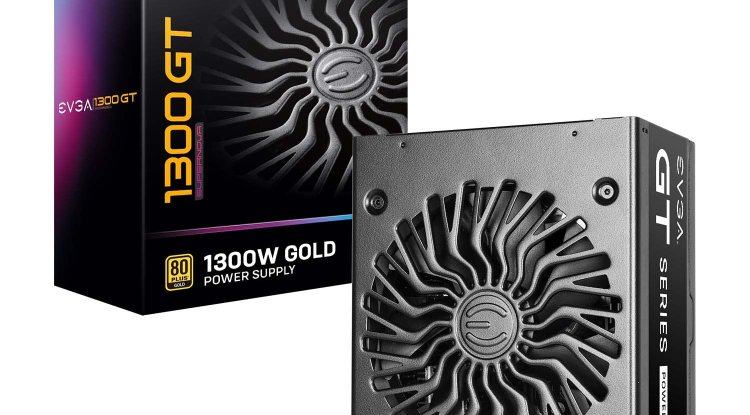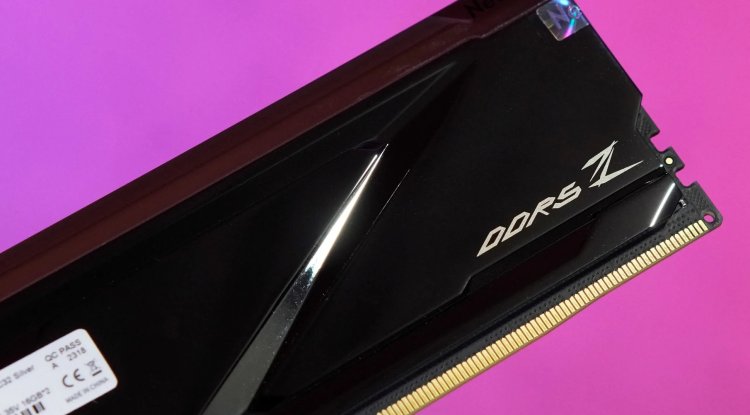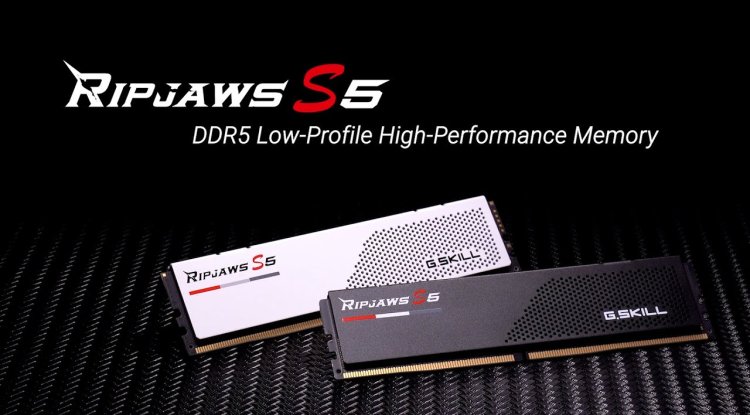The Intel Core i9-13900 - Very good performance
A leaked performance test has allowed us to examine how an early engineering sample of the Intel Core i9-13900 performs, and the reality is that the results it produced against the Intel Core i9-12900 are outstanding, especially given that this sample was only available for a limited time. It ran at 3.7 GHz on its high-performance cores, which is significantly lower than the 5.1 GHz achieved by the Alder Lake-S CPU in "stock" turbo mode (with one core active).

- They will use the Intel 7 node (10nm enhanced).
- They will have 8 high-performance Red Cove cores and 16 high-efficiency Gracemont cores.
- High-performance cores will have HyperThreading, which in the end leaves us with 32 threads.
- They will have 32 MB of L2 cache and 36 MB of L3 cache in total.
- They will support AVX-AVX2 instructions on the high-efficiency cores.
- They will be compatible with DDR4 and DDR5 memory.
The RAM memory configuration used was not disclosed, therefore we don't know if it was accompanied by DDR5 at 5,600 or another form of slower memory. In any event, the key thing to note is that the Intel Core i9-performance 13900's is generally extremely good, and it is more than enough to signal a significant generational leap.
The Intel Core i9-13900 surpasses the Intel Core i9-12900 by 50% in the single-precision performance test (FP32), while it doubles the performance of the former in the double-precision performance test (FP64). In general, this chip easily outperforms all of the CPUs in the comparison, despite the fact that, as previously stated, its operating frequencies are rather low due to its status as an engineering sample.
When we look at the SIMD results, we see that the Intel Core i9-13900 loses to the Ryzen 9 5950X and is just marginally better than the Intel Core i9-12900. If we make an average judgment, we may clearly draw good conclusions.
It'll be interesting to see how the Intel Core i9-13900 performs in its final form, as well as what operating frequencies the chip giant can achieve with this new generation. The preliminary data predicted a significant improvement in performance.
Raptor Lake-S should be officially presented at the end of this year, most likely in the months of October and November. This next generation will be backward compatible with current LGA1700 600 series motherboards but will be complemented by new motherboards featuring 700 series chipsets. It will also be DDR4 and DDR5 memory compatible, so we won't have to buy new modules if we decide to update. AMD's Zen 4 will be its direct competitor.





































